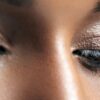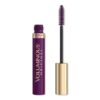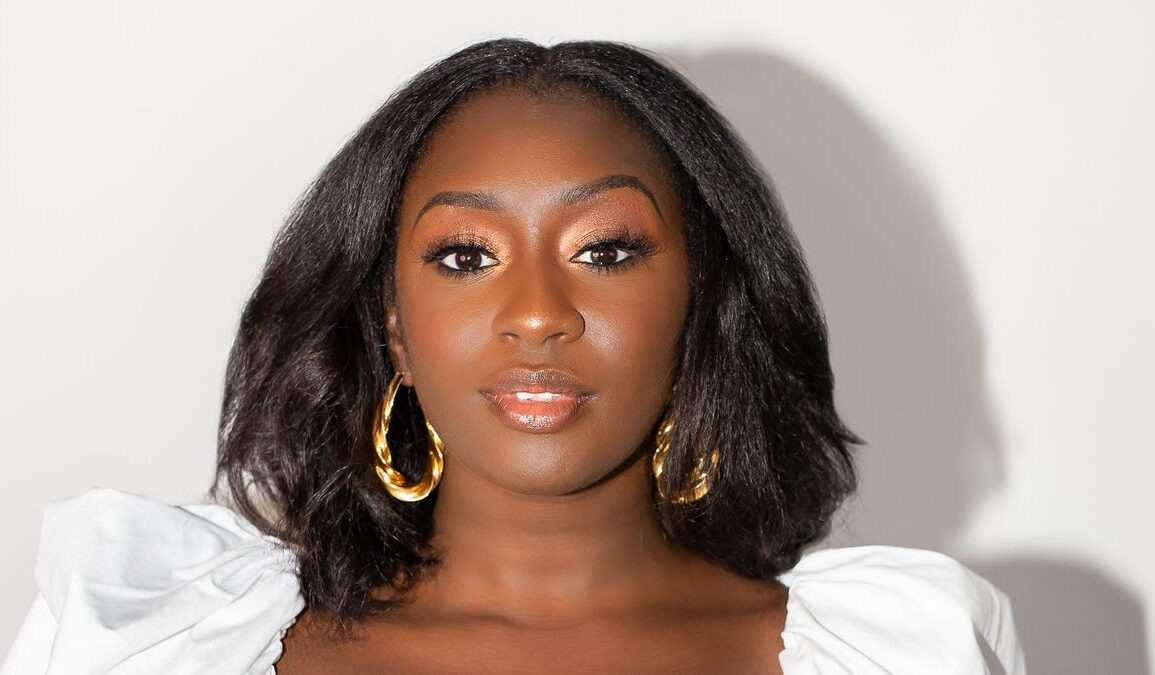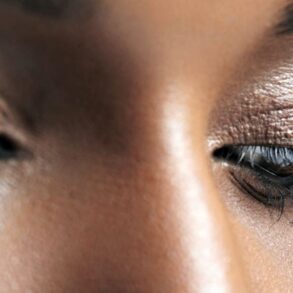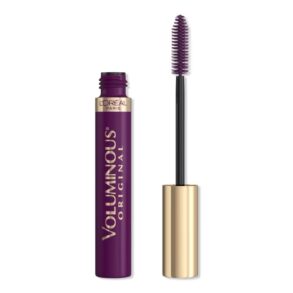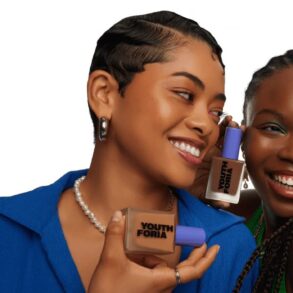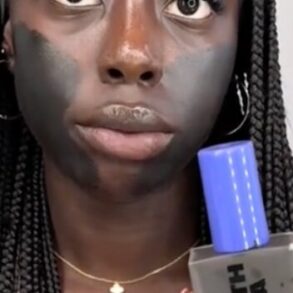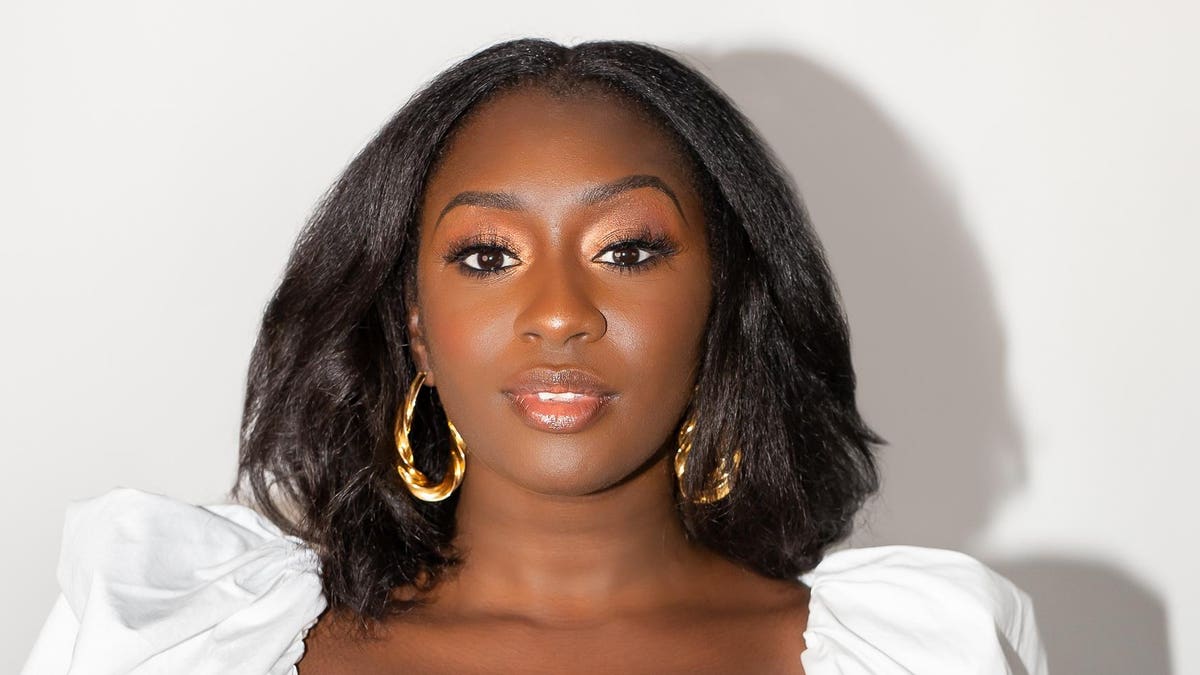
For Ami Colé founder Diarrha N’Diaye-Mbaye, makeup is more than just a means to hide imperfections or change one’s appearance.
It’s a form of self-expression that transcends trends, empowering us to showcase and celebrate our unique individuality.
“Makeup is not about transforming but enhancing,” says the Senegalese-American entrepreneur. “For a long time, the makeup offerings on the market were about achieving a full transformation—I wanted to create a brand that celebrates a truer version of women of color, ” she says. “Our formulas are designed to enhance versus mask the skin. We want to give women of color the tools to actually celebrate their skin, their rich, deep stories,” she adds.
Growing up in the heart of Harlem at her mother’s hair braiding salon, N’Diaye-Mbaye was surrounded by Black women who embraced and owned their beauty. Their personal style was ever-evolving through the art of hair styling, rich conversations and the vibrant culture of Harlem in the early ‘90s. “Everything was a beautiful exchange that became the fabric of who I am today,” says the beauty founder.
Leaving that subcultural haven to go to university and later moving to New York City to work in the beauty industry, N’Diaye-Mbaye was always chasing this feeling of “home”—”a place where our true beauty was not only seen but understood and celebrated,” she says.
After working in the industry for over a decade for powerhouses like L’Oreal and Glossier, N’Diaye-Mbaye felt an obvious void in the beauty market she wanted to fill. “I was never able to find a brand for women of color that represented the ‘my skin, but better’ makeup style that so many of the women in my neighborhood aspired to have,” she shares.
“We’re often grouped as a monolith—with a singular approach to how we approach beauty,” says N’Diaye-Mbaye. “I knew that the nuances of melanin-rich skin, like our unique undertones or higher amounts of hyperpigmentation, were not being taken into account in shade development throughout the industry, and especially not so within the clean, no makeup-makeup space,” she adds.
The brand’s bestselling Lip Oil Treatment delivers comfortable, non-sticky shine and comes in five … [+]
With the mission to make clean beauty more inclusive, N’Diaye-Mbaye launched Ami Colé in 2021. Named after her mother, the Black-owned brand offers simple, skin-first makeup designed for melanated skin.
The products feature rich, pigmented formulas with a natural finish that is easily buildable and blendable. Additionally, all products are formulated without potential endocrine disruptors like fragrance, parabens and phthalates. “It’s the brand that I wish I had when darker skin tones were not considered a ‘cool’ or ‘beautiful’ attribute,” she says.
The packaging, according to N’Diaye-Mbaye, is “as plastic-free as possible,” primarily made from sustainable materials like bio-resin derived from sugar cane.
Ami Colé’s award-winning Skin-Enhancing Tint comes in six flexible shades featuring a soft, satiny, … [+]
Ami Colé entered the beauty biz with three core products: a now-viral Lip Treatment Oil, an award-winning Skin-Enhancing Tint and a Light-Catching Highlighter. The female-founded brand has since then expanded to a full lineup of makeup essentials that cater to a wide variety of undertones of melanin-rich skin.
N’Diaye-Mbaye signed her first retail partnership with Sephora in December last year, rolling out in 277 doors in the U.S. and on Sephora online.
Creating and nurturing a business poses challenges for all entrepreneurs. For N’Diaye-Mbaye, it was even more of an uphill battle as a BIPOC female founder.
“Life as an entrepreneur alone is hard, as a solo entrepreneur even harder. When you layer in factors like being a woman, Black and a child of immigrants, the pressure mounds,” she says.
“The industry—particularly the investment communities—are creatures of habit. They ‘bet big’ on companies, ideas and people that the pattern recognizes as ‘successful’,” notes Ami Colé founder.
“You’ll hear things like the ‘Uber of..’ or the ‘next Netflix’ because investors want to de-risk their decisions. Funding brands like mine was originally considered a risk or too niche to invest in,” she explains.
According to the US-based think tank Rockefeller Foundation, minority-owned businesses, including black-owned companies, have historically faced limited access to capital and credit compared to white entrepreneurs. They are less likely to receive business loans and more likely to pay higher interest rates if they do get approved, it adds.
It’s even harder to secure the funding needed to grow and scale when you happen to be a female-led business.
According to a Harvard Business Review report, women-owned businesses receive less than 3% of all venture capital investments.
A 2017 study published in the Venture Capital journal found that all-male teams were four times more likely to get funding than those with even one female leader.
“It takes a lot of grit and courage to continue to knock on doors that shut in your face, but that’s what I did to push through,” says N’Diaye-Mbaye.
Ami Colé’s multitasking makeup sticks come in four creamy, matte shades that can be used on both … [+]
While the industry is finally waking up to the lack of diversity in marketing, product offerings and funding practices, “the problem is that the systems are still antiquated and don’t know how to create an equity environment,” N’Diaye-Mbaye points out.
“Along with the 15% pledge, we are leaning on our partners to provide the tools and knowledge to not only exist but thrive in the new spaces we are stepping into,” says the beauty CEO.
“In a lot of ways, our brand partners and legacy brands have had a traditional head start in the game,” she says. “In the future, I’d love to see what equity means on a tactical level as we continue to push diversity and inclusion,” she adds.

